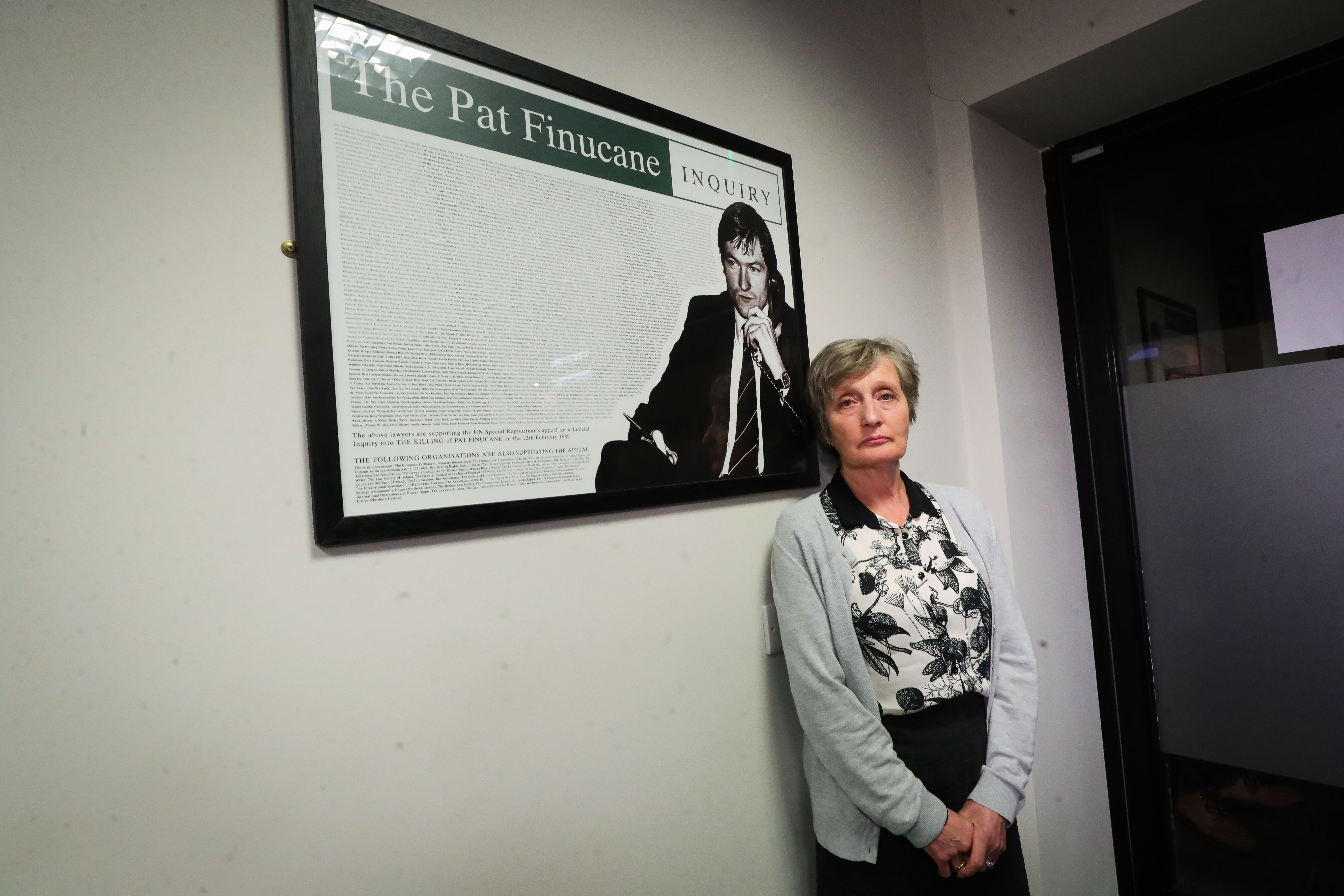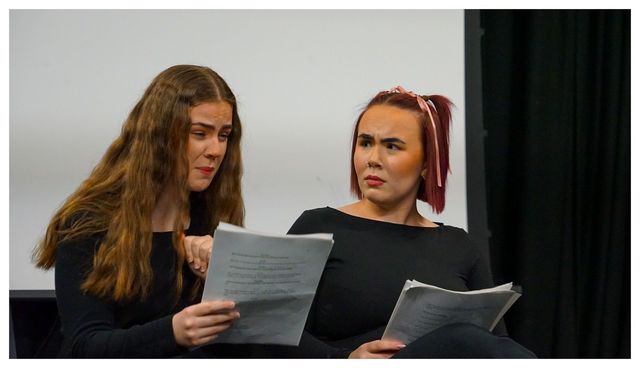THE widow of Pat Finucane has described a decision by the British government to once again refuse to hold a full public inquiry into her husband’s murder as “yet another insult”.
Geraldine Finucane’s comments came as the British Government said it would not order an immediate public inquiry into the Belfast human rights solicitor’s murder.
Father-of-three Mr Finucane (39) was shot dead in his family home in North Belfast in February 1989 by the UDA in an attack found to have involved collusion with the state.
Last year, the Supreme Court said all previous examinations of the death had not been compliant with human rights standards.
However Northern Ireland Secretary Brandon Lewis said he had taken the decision not to establish an inquiry due to other review processes needing to run their course.
He discussed the outcome with Pat Finucane’s family yesterday afternoon, shortly before outlining the details in the House of Commons.
“I am not taking the possibility of a public inquiry off the table at this stage, but it is important we allow ongoing PSNI and Police Ombudsman processes to move forward,” he said.
Mr Finucane’s widow Geraldine, who has been campaigning for decades for a public inquiry, told belfastmedia.com the government’s decision “makes a mockery” of previous rulings.
“The proposal falls so far short of what it required in this case that it beggars belief,” she said.
“It makes a mockery of the decision by the UK Supreme Court and the forthright comments of Belfast High Court. It is yet another insult added to a deep and lasting injury.
“In failing to establish a public inquiry into the murder of Pat, the British Government have not only set themselves against my family but also against the Irish government, local, national and international political parties, political institutions, and legal and human rights groups domestically and internationally.”
Belfast solicitor Pat Finucane
“The murder of Pat Finucane has been described as not just an attack on one lawyer but an attack on the rule of law itself. The Secretary of State has shown us today that the attack is continuing. They have clearly set themselves against the rule of law in ignoring the highest court of their own jurisdiction. They remain in breach of their international legal obligations, a shameful and inexcusable position for a sovereign government to take.
“They have again shown that they have no intention of admitting their role in the conflict here. Colluding with killers did not just result in my husband’s murder, but in the murder of many others. The extent and depth of this political policy is what the British government fear being exposed. The outcome of our meeting today confirms that once again.
“We are grateful for the enormous support we have received. We will continue to campaign for a full public inquiry. The questions that demand answers around Pat’s murder are not going away and neither is our campaign for truth and justice.”
In the House of commons, Mr Lewis told MPs he would “consider all options available to me” to meet the Government’s obligations to ensure an effective investigation into the death.
“This Government has demonstrated that when the public interest requires it, we will establish public inquiries to look at any potential failings by government or state bodies – as, for example, we’ve done with the Manchester bombing.”
He added the Government remains committed to dealing with the “legacy of the past in its entirety”.
In a statement released last night PSNI Chief Constable Simon Byrne said: “It is our view that there are currently no new lines of inquiry.
“We now need to decide if a further review is merited given all the previous investigations into this case.
“If we determine that a review should take place, we will then have to decide if we are best placed to carry out that review.
“As it stands it is unlikely that we would enjoy a perception of independence in this case, given the accepted position of state involvement in this matter.
“Therefore, it is highly likely that any review would need to be conducted independently.”






